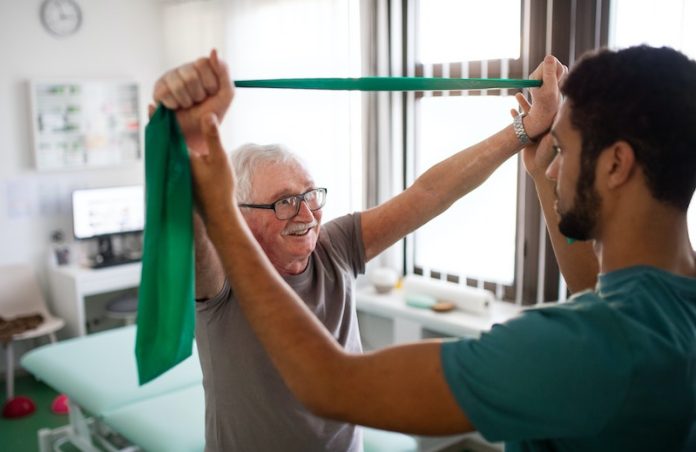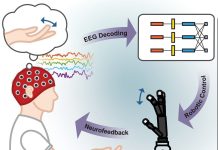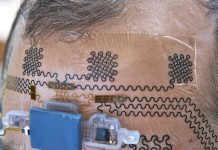
We all use motor learning skills every day to navigate the world around us. These skills allow us to learn tasks such as walking, picking up a drink, or running.
However, age or illness can weaken our ability to learn and retain these motor skills.
Scientists investigating the role of oxygen supplementation on motor learning have discovered a promising treatment that could aid patients recovering from neurological trauma.
Oxygen – Fuel for the Brain
Our brains require a substantial amount of oxygen to function optimally. When oxygen levels are low, cognitive function diminishes, but it improves with high oxygen levels.
This understanding is already employed to preserve brain function in patients with neurological injuries.
With motor learning heavily dependent on oxygen-reliant memory functions, Dr. Marc Dalecki and his team at the German University of Health and Sports in Berlin postulated that providing additional oxygen during motor task learning could lead to faster and more effective learning.
Breathing Deep for Better Learning
To test their theory, Dalecki and Dr. Zheng Wang, a doctoral student at the School of Kinesiology at Louisiana State University, conducted an experiment involving 40 participants.
Half of the participants received 100% oxygen at normobaric pressure, and the other half received medical air (containing 21% oxygen) during the learning phase of a visuomotor task.
The task involved drawing lines between targets on a digital tablet with a stylus—a test of hand-eye coordination.
The cursor’s alignment was then altered to assess the participants’ adaptation to the inconsistency and subsequently readjusted to evaluate further adaptations.
Oxygen Supplementation Proves Beneficial
The results were encouraging. Participants who received 100% oxygen demonstrated approximately 30% better learning in the visuomotor task, with the benefits extending to later sessions without oxygen supplementation.
They moved the stylus more smoothly and accurately, adapted quicker to the cursor adjustment, and made bigger errors when the stylus was corrected—suggesting they had internalized the previous alignment more effectively.
The Future of Oxygen in Motor Learning
Dr. Dalecki and Dr. Wang plan to continue their research, focusing on the long-term impacts of oxygen supplementation on motor learning and the benefits in different types of tasks.
They hope this treatment can be used in the rehabilitation of elderly patients and those recovering from neurological injuries, expecting even more significant effects in these more vulnerable individuals.
This discovery may revolutionize the future of motor skill learning and recovery, offering a breath of fresh air to the field of neurorehabilitation.
If you care about brain health, please read studies about how the Mediterranean diet could protect your brain health, and Omega-3 fats and carotenoid supplements could improve memory.
For more information about brain health, please see recent studies about antioxidants that could help reduce dementia risk, and higher magnesium intake could help benefit brain health.
The study was published in Frontiers in Neuroscience.
Follow us on Twitter for more articles about this topic.
Copyright © 2023 Knowridge Science Report. All rights reserved.



